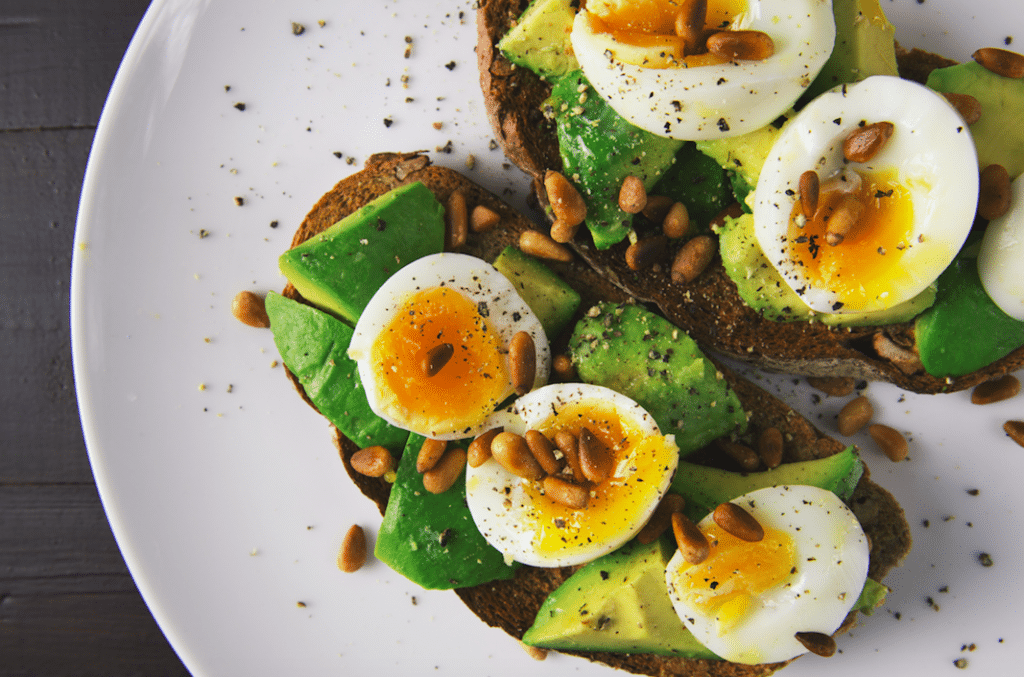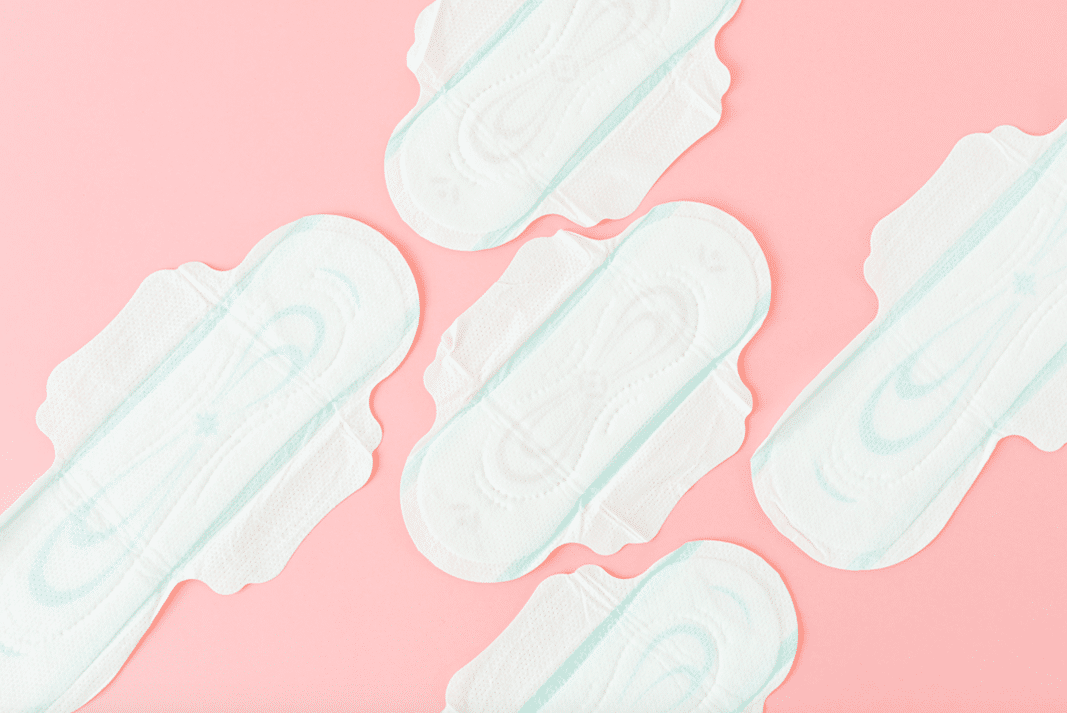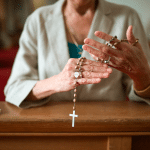Menstrual Cycle In Adolescence: Sign of Good Health
The first menstruation represents the healthy reproductive system of a woman. This event represents a significant Pubertal development in a teen’s life.
Gynaecologists have claimed the importance of assessing during this transition.
At What Age
The age of the first menstruation can vary. The average is relatively stable: between 12 and 13 years. Yet, 95% of women have their first cycle between ages 10 and 15.
Menarche usually occurs in the 2/3 years following the appearance of the breast. At 15, 98% already have their periods.
Know that, and ultimately it is down to your body. Your body decides when your first menstruation arrives.
How Long Does It Last
- The menstrual cycle begins with the first day of bleeding and ends with the first day of the next cycle.
- In the first year after menarche, in 75% of cases, the average duration of the menstrual cycle is between 21-45 days.
- The long period of menstruation varies between 2 and 7 days. For about 53% of girls, menstruation lasts an average of 4-5 days.
Symptoms of The First Cycle

In some cases, you may experience stomach aches and breast tension. These symptoms can herald the arrival of the First Cycle.
You may also have severe abdominal cramps. In some cases, you can experience nausea, headache or back pain.
In those cases, the advice is to take a warm bath to relax the muscles.
Only those who have very severe pain should consult a doctor.
First Menstrual Cycles: What Happens
In general, there is no ovulation during the first menstrual cycle.
They are called ovulatory cycles. When the estrogen level is lower in the blood, it causes the detachment of the uterine epithelium.
Therefore, this results in the arrival of your period. But be careful, as you can still get pregnant even after your first period!
During the first few months, you could experience issues such as:
- Irregular periods.
- Absent periods.
Please note:
The hormone production will help your period stabilize and lead you to have a regular cycle.
The Importance of Healthy & Nutrition In Your First Menstruation

Since the body undergoes many transformations during puberty, eating healthy is essential to have the right energy.
- Choose a diet based on vegetables and proteins (meat, fish, legumes);
- Eat a lot of fruits and vegetables;
- Consume dairy products like milk and derivatives;
- Eat rice, bread and cereals;
- Don’t skip breakfast;
- Drink at least 1.5 l of water a day.
The body develops very quickly. It is essential to do sports at least three times a week.
Menstrual Cycle: Early or Late Puberty
In the previous article, we spoke about puberty and the changes that will occur. The breasts begin to grow, the appearance of pubic hair etc.
If you are experiencing an early or late period, you should contact your doctor or gynaecologist. They will recommend drugs that can help you during this process.
Early Puberty
We speak of early puberty when maturation happens before the average age. Your body produces estrogen and leptin. Estrogen and leptin is a hormone that contributes to the initiation of puberty.
It is normal to experience an early cycle if she’s overweight.
You should contact your doctor or gynaecologist if experiencing an early or late period. They will recommend the best medications that can help you.
Late Puberty
We speak of delays in certain conditions:
- Breasts that don’t develop after the age of 13;
- Late menstruation by age 16.
In these cases, it is necessary to contact a doctor.
Menstrual Cycle in Adolescence: The Importance of Dialogue
Today, it is still taboo to talk about periods In some families. Sometimes this issue makes it difficult for teenagers to communicate with family members.
Talking about it is the best way to make them feel at ease. Talking will allow them to understand what happens to them their body.









